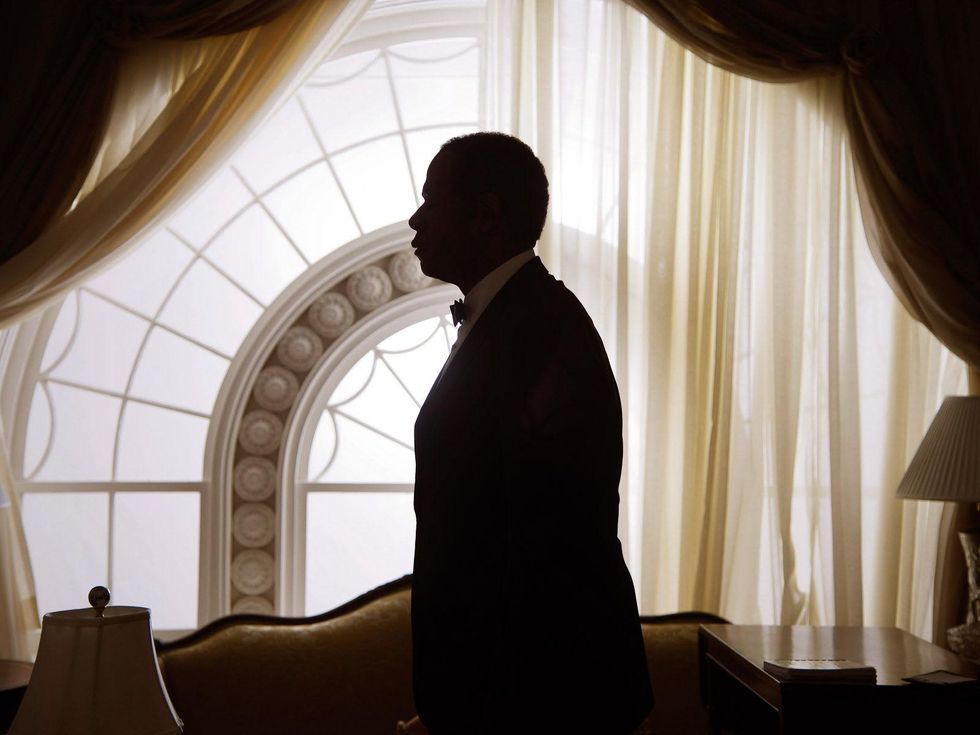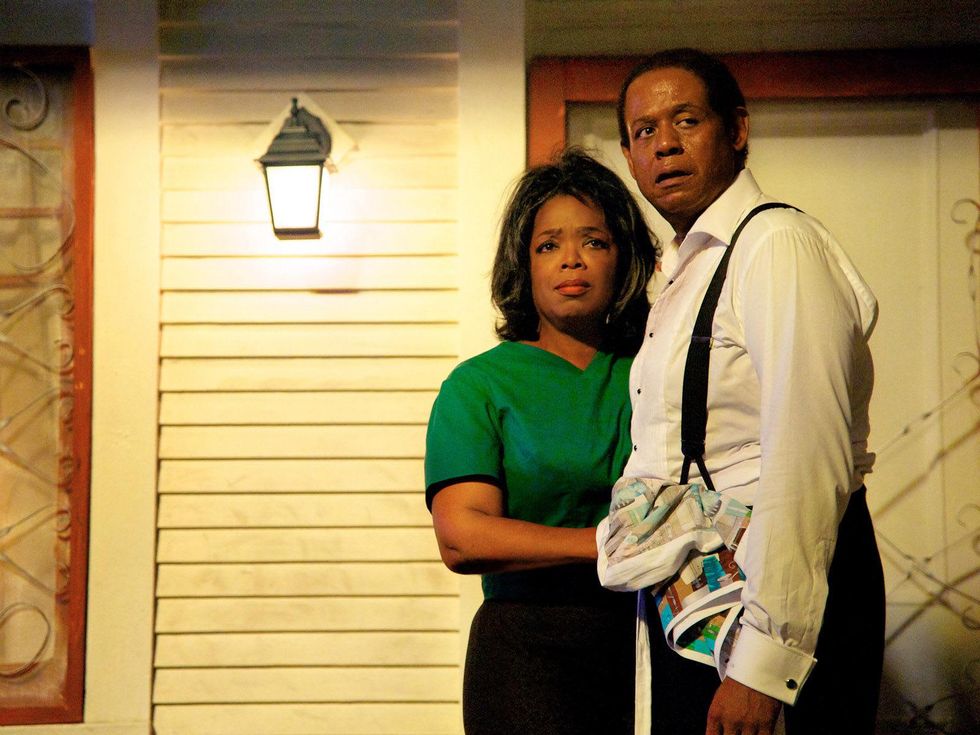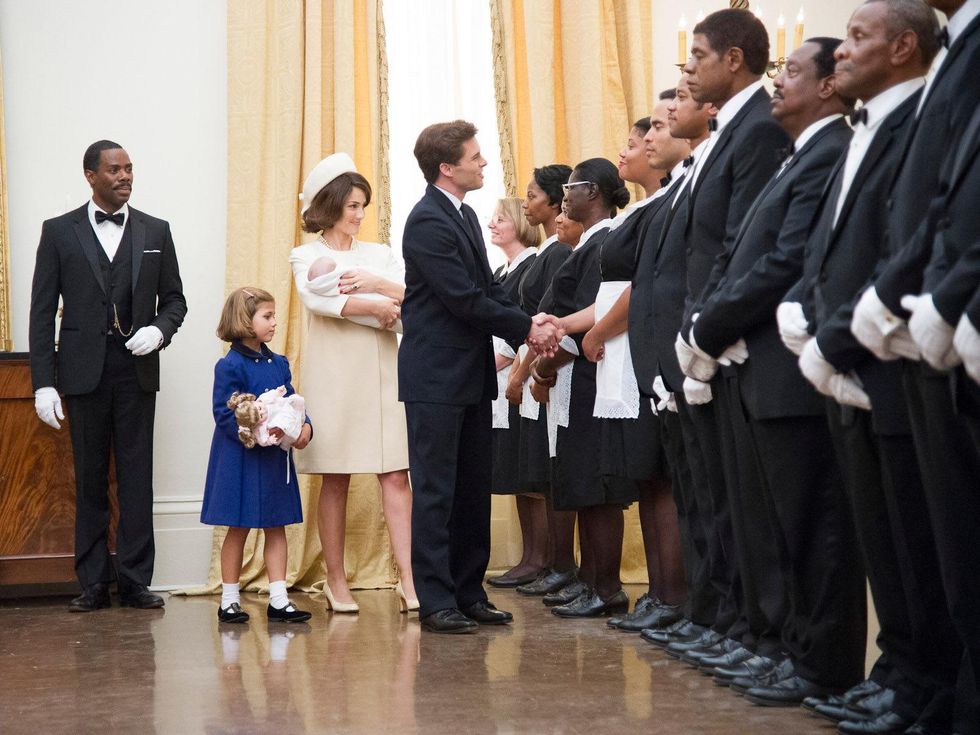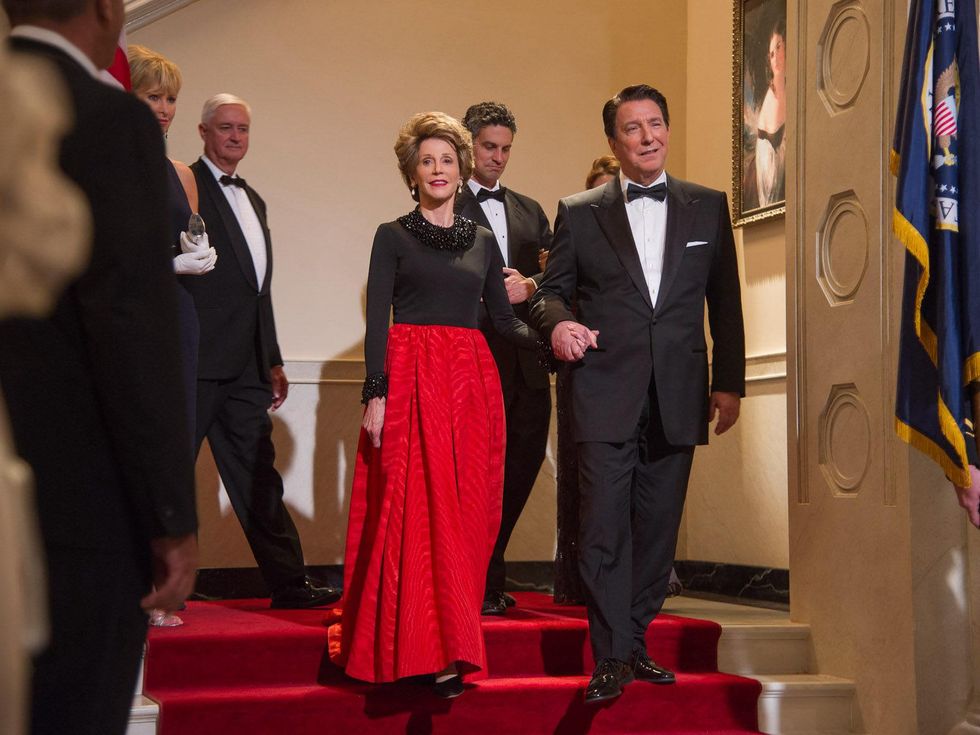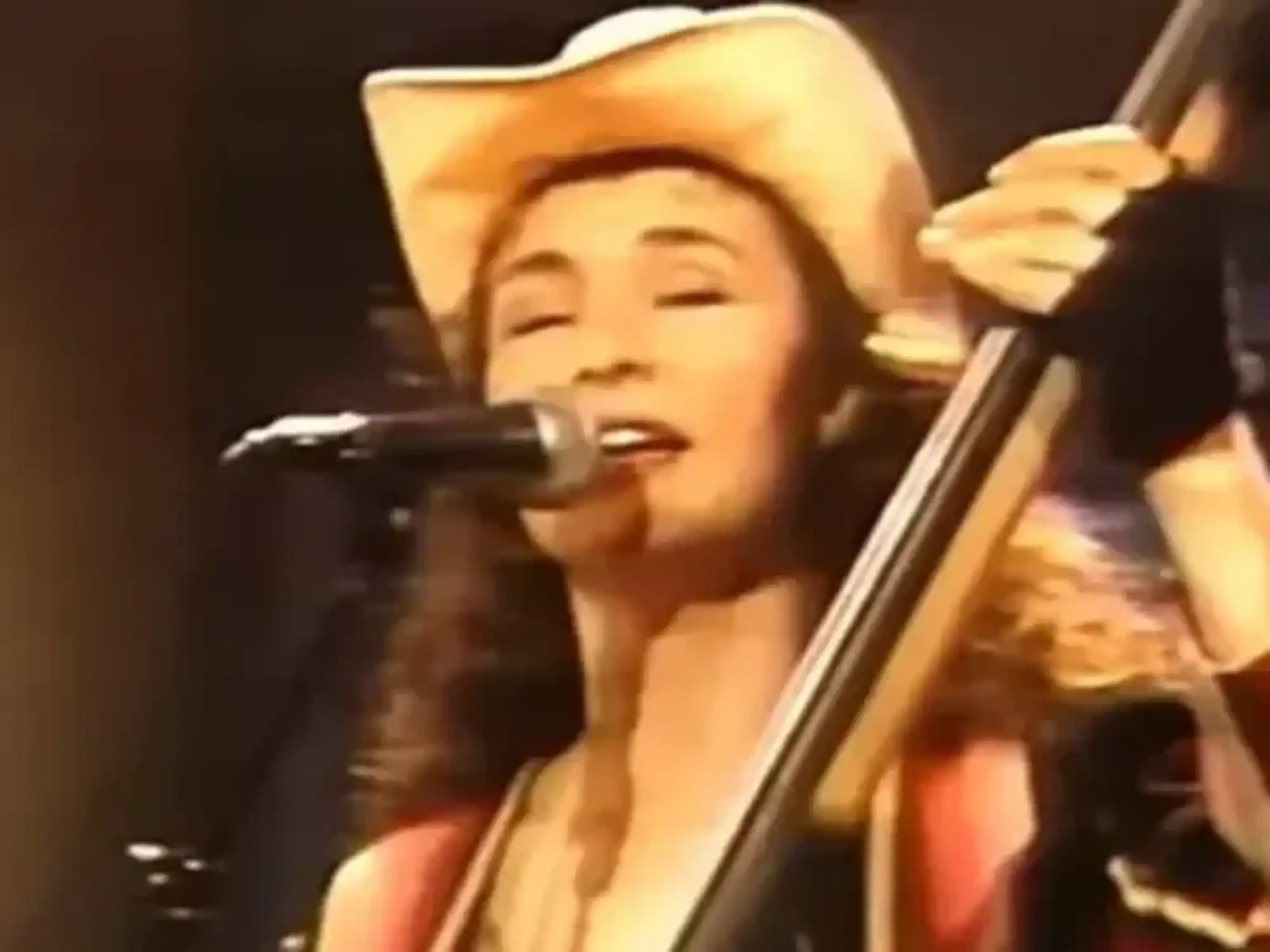A Waste of Star Talent
Lee Daniels' The Butler fails to deliver on tragic and triumphant story
The newly released Lee Daniels’ The Butler is just good enough to make you wish it were much better.
The film — originally known simply as The Butler before a protracted pissing match between mogul Harvey Weinstein and Warner Bros. — is a sobersided and impeccably crafted historical pageant that seeks to entwine the biography of a dutiful African-American White House employee with vividly rendered highlights of the United States civil rights movement.
It’s “inspired” by the life and career of an actual person — longtime White House butler/maître d’ Eugene Allen, who’s rechristened Cecil Gaines in the movie’s fictionalized screenplay — and it has the power to make you flinch in your seat as it dramatizes such watershed events as the lunch-counter sit-ins by nonviolent student protesters in 1960 Nashville and the horrific torching of a bus carrying Freedom Riders in 1961 Alabama.
I couldn’t help feeling like I was watching the remains of an epic TV miniseries that had been stripped to essentials for a theatrical release.
Trouble is, The Butler ultimately fails to fully satisfy because it takes such a facile, once-over-lightly approach to depicting the particulars of its nominal protagonist while offering sporadic glances at a much larger picture. While at the screening of the 132-minute drama, I couldn’t help feeling like I was watching the remains of an epic TV miniseries that had been stripped to essentials for a theatrical release.
It doesn’t help much that director Lee Daniels (dialing it down to seven or eight after the 11-plus overstatement of his Precious) and Emmy Award-winning screenwriter Danny Strong (Recount, Game Change) telegraph every tragedy that occurs during the title character’s life with heaping helpings of heavy-handed dramatic portents. (Gosh, Cecil and his wife are enjoying themselves for a change. Bet this won’t last very long.)
And it helps even less that the much-publicized gimmick of casting familiar faces in cameo roles as U.S. Presidents — Robin Williams as Dwight Eisenhower, John Cusack as Richard Nixon, Alan Rickman as Ronald Reagan, etc. — comes off as little more than, well, a gimmick. And an unsuccessful gimmick at that: None of the guest stars — not even Jane Fonda as Nancy Reagan — is able to make his or her thinly written part seem more substantial than a live-action political cartoon.
If you remember Cusack’s clever turn as a Nixon-like character in the otherwise negligible True Colors, you may be especially disappointed to see he gets little to do here as the real Tricky Dick.
Perhaps we should be grateful that The Butler glosses over Gerald Ford and Jimmy Carter, and gives us only fleeting glimpses of those presidents in archival TV news footage. Still, it might have been interesting to see at least some interaction between Carter, a white Southerner, and Gaines, a fellow Georgia native.
Oprah is ... Oprah
On the other hand, Forest Whitaker consistently impresses with his stoic and understated performance as Gaines, a bit player in history who proves to be the most affecting figure in this drama.
None of the guest stars — not even Jane Fonda as Nancy Reagan — is able to make his or her thinly written part seem more substantial than a live-action political cartoon.
The narrative begins in rural Georgia during the 1920s, when young Cecil (played as a boy by Michael Rainey Jr.) is a helpless witness when his mother is raped and his father killed by a racist landowner. He becomes an apt pupil when the landowner’s elderly mother (Vanessa Redgrave), presumably to make amends for her son’s behavior, proceeds to train Cecil as a dutiful domestic. (She actually uses the term “house nigger” — words that will echo throughout the film.)
Said training serves Gaines well after he leaves the Georgia cotton plantation and ventures down a circuitous path that eventually takes him — after a fortuitous detour to North Carolina, where he receives a kinda-sorta post-graduate course under a hotel butler (a well-cast Clarence Williams III) — to the White House.
Working alongside other members of the predominantly African-American service staff, Gaines survives and thrives for decades by never rocking the boat, always keeping his thoughts to himself, swallowing his resentments, and taking to heart the words of advice from his first tutor: “The room should feel empty when you’re in it.”
Steady employment and (relatively speaking) financial security enable Gaines to raise a family. Unfortunately, he spends long hours at his job, leaving his wife (Oprah Winfrey — who remains unmistakably, indelibly, Oprah Winfrey) with too much time to drink and too little incentive to ward off the neighborhood horndog (Terrence Howard).
His son Louis (David Oyelowo) comes to view Gaines as a subservient Uncle Tom and rebels by becoming a Freedom Rider (motivating some of the film’s very best scenes), then a Black Panther. Another son, Charlie (Elijah Kelley), apparently rebels against Louis’ rebellion and signs up to serve in Vietnam. Not surprisingly, nothing good comes of that.
The Butler might have worked much better as an involving drama — and, yes, could have even more effective as a document of an epochal era — had it concentrated more on the sometimes uncomfortably tense, sometimes openly hostile relationship between Gaines and Louis, to show how each man represented different approaches and attitudes toward dealing with America’s racial divide during the 1960s and ’70s (and beyond).
There is a fascinating scene in which no less an authority figure than the Rev. Martin Luther King, Jr. (Nelsan Ellis of TV’s True Blood) cautions Louis not to be too critical of his father, pointing out that black domestics have, in their own way, done their fair share in the struggle for racial equality.
It’s a provocative moment, one neatly balanced later by a Thanksgiving Day family dinner where Louis — decked out in black leather and accompanied by a Black Panther girlfriend sporting a cloud-sized Afro — brashly dismisses In the Heat of the Night as fantasy fulfillment for white folks, and Sidney Poitier as another Uncle Tom. But it’s only when Louis extends his tirade to target his dad that his mom gets really upset.
With a few more scenes like these, and fewer star-studded cameos (or maybe none at all), The Butler would have been worthier of the tragic and triumphant story it wants to tell.

